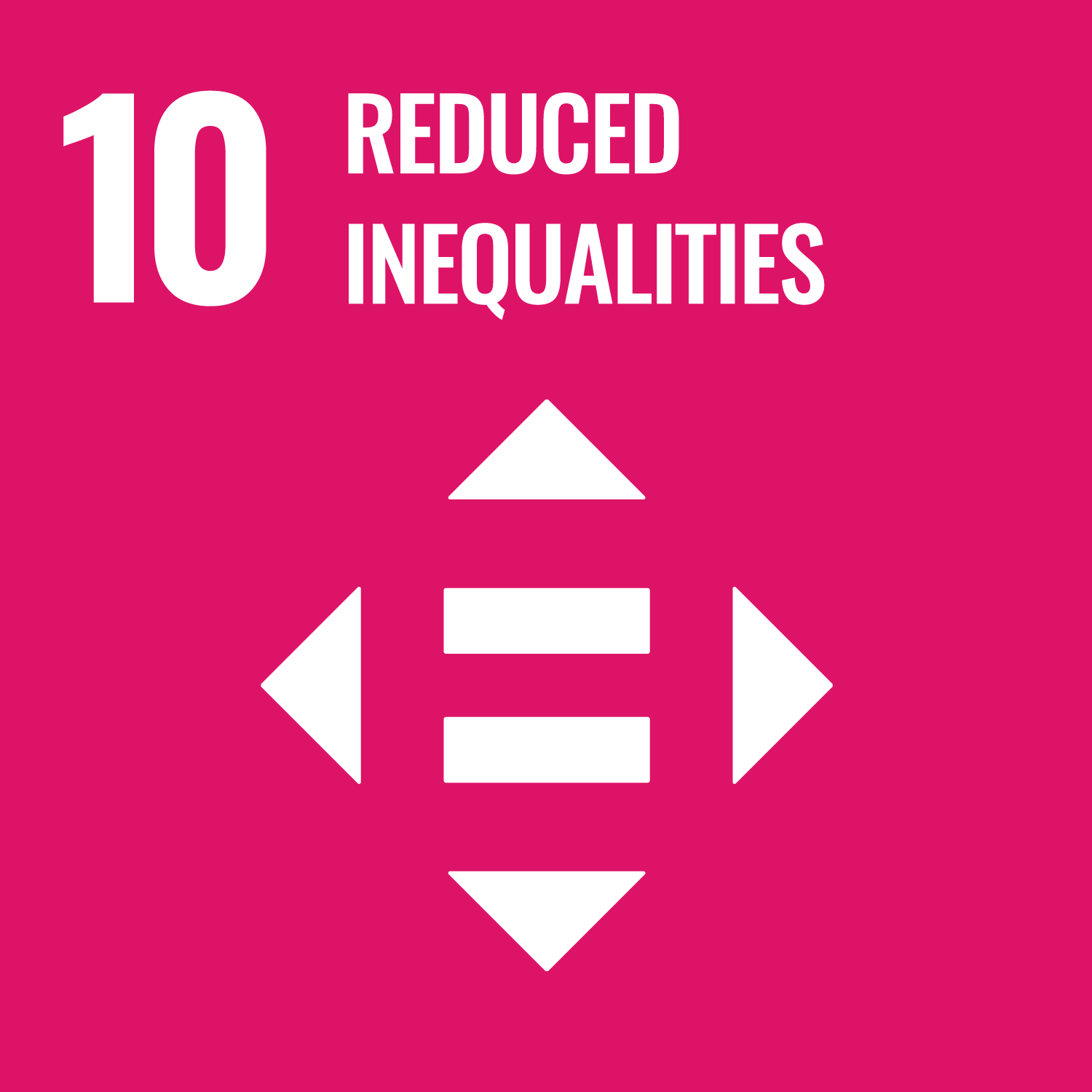ORCID
- Alison Stokes: 0000-0002-7735-0442
Abstract
Abstract. Traditional methods of fieldwork delivery can present learners with a range of physical, cognitive and social challenges which may subsequently hinder their ability to engage effectively with learning. We developed a residential geoscience field course designed to be physically accessible to, and socially inclusive of, a diverse range of learners including those with limited physical mobility and neurodiverse conditions. This paper presents the logistical and pedagogical challenges involved in delivering such a field course. In terms of pedagogic design scheduling, pace and timing, and the ability to access content in multiple ways were critical to ensuring that all students were included in the learning. The most effective mitigations were the simplest and benefitted the whole group. Practical interventions found to support access and inclusion for the benefit of all participants included using an audio tour-guide system to communicate with students at field locations, using a four-wheel drive vehicle to improve access to specific locations, providing alternative exercises such as prepared photomicrographs and rock specimens, providing electronic tablets with suitable apps, and selecting accommodation with accessible common-room spaces, and a dedicated quiet room.
DOI Link
Publication Date
2020-08-14
Publication Title
Advances in Geosciences
Volume
53
ISSN
1680-7340
Acceptance Date
2020-07-10
Embargo Period
2020-08-19
First Page
183
Last Page
194
Recommended Citation
Houghton, J., Morgan, D., Gordon, C., Stokes, A., Atchison, C., Collins, T., Craven, B., & Willis, K. (2020) 'Access Anglesey 2018: Lessons from an inclusive field course', Advances in Geosciences, 53, pp. 183-194. Available at: 10.5194/adgeo-53-183-2020


